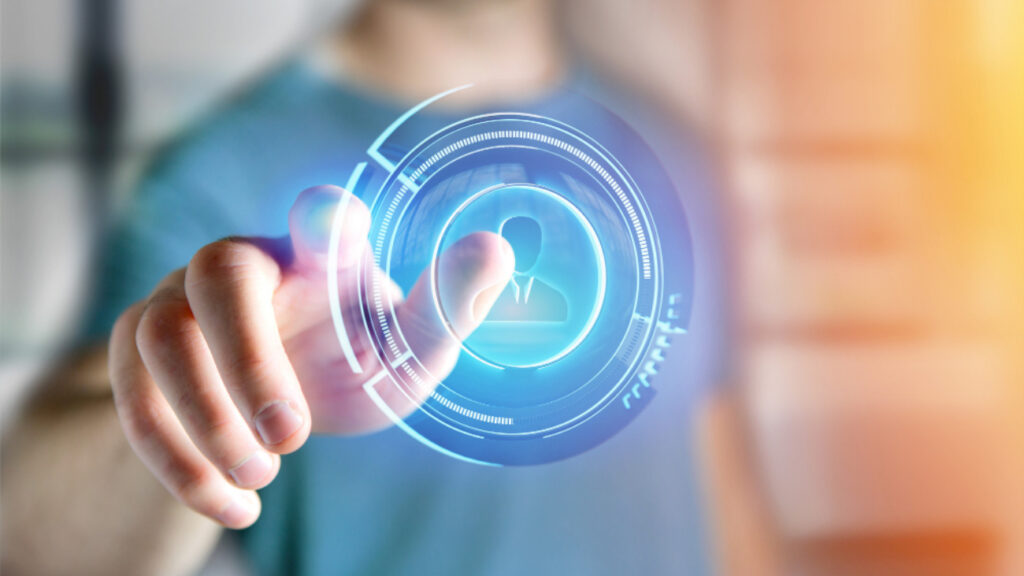The healthcare industry is adopting wearable biometrics to improve its services observed Bahaa Abdul Hadi. These devices are easy-to-use, non-intrusive, and give accurate results. With the advancement of personalized medicines and healthcare biometrics, the healthcare system is going in for revolutionary changes. Healthcare wearable biometrics or healthcare biometrics mainly aims at protecting customer data and keeping it safe.
Wearable biometrics are very new in the healthcare sector, but they are extremely useful in monitoring and providing real-time data. These devices can monitor a patient’s body temperature, blood pressure, and heart rate and send the information to healthcare professionals. Sleep quality, activity, and stress can also be measured. Wearables have also been designed that function as glucose monitors and smart inhalers. More importantly, healthcare experts can use biometric data from wearables to monitor patients’ health remotely.
How Healthcare Biometrics Help with Personalized Medicines
More and more people now look for a personalized health treatment plan instead of a common one-size-fits-all solution that is traditionally followed for a health condition. A significant development in healthcare is the using biometrics for personalized medicine.
Using biometric data from the wearables, healthcare professionals can create a personalized treatment plan for an individual at risk. For example, biometric data can be used to predict if a person is at risk of developing a heart condition. To reduce or eliminate the risk, a doctor can prescribe an exercise routine and diet chart which they can follow. Apple has led the way in mobile apps using AI and biometrics to identify at-risk people. Its ‘Gero Healthspan’ app can predict its user’s biological age and if they are likely to develop any age-related illness.
Wearables can help those patients who need more help, for example, someone starting therapy or an older patient starting a new medication. When patients put on a healthcare wearable, they can check how their body is responding to treatment. The devices can also remind patients to take their medicines on time.
These devices are a boon for clinicians as they help them in acquiring information about the health of their patients and also their behavior. They can use valuable data like health metrics to make informed decisions regarding any change in their treatment plan or adjustment of prescribed medicine dosage.
Conclusion
The advancements in the field of wearable biometrics and personalized medicines make the future of healthcare biometrics look sturdy. Wearable biometrics are certainly going to be a vital part of the global healthcare system. Wearable biometrics makes healthcare services accessible to more people who live in remote areas. Therefore, these devices are sure to enhance patient outcomes by detecting health issues quickly and providing personalized insights.
Thank you for your interest in Bahaa Abdul Hadi blogs. For more information, please visit www.bahaaabdulhadi.com







